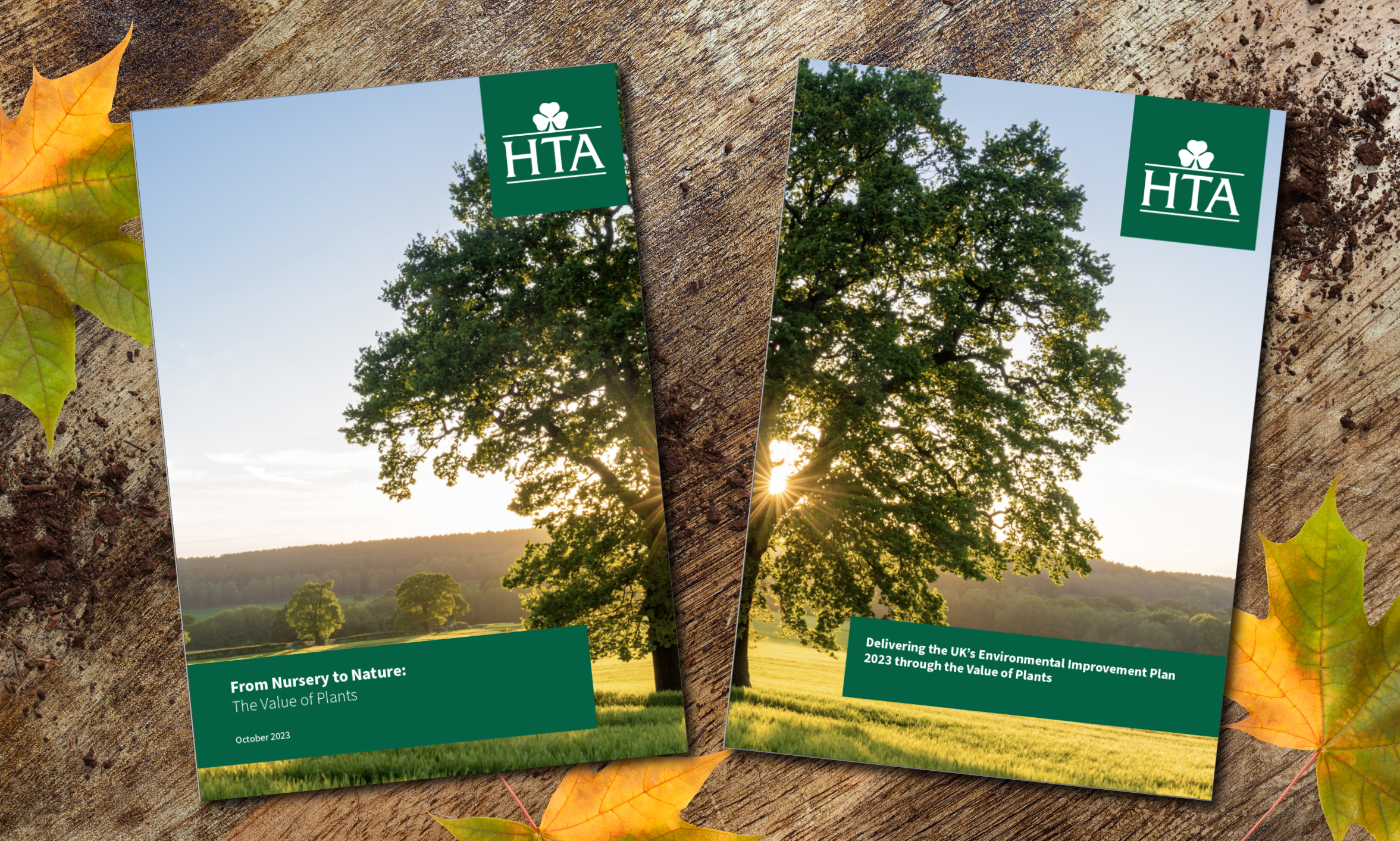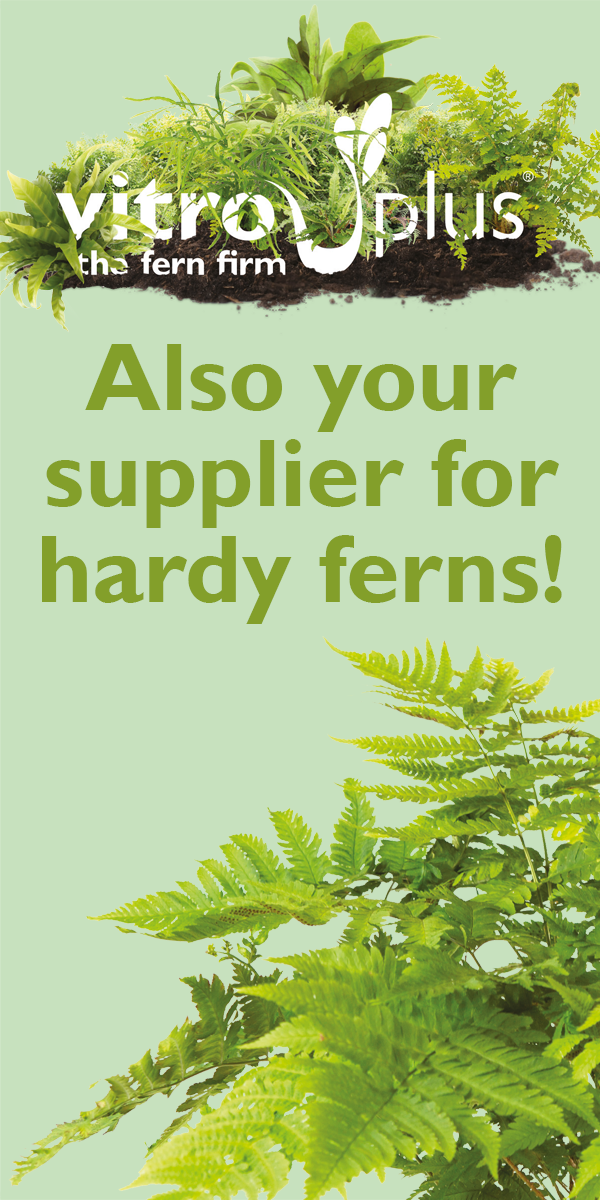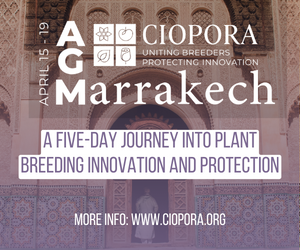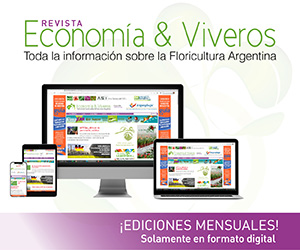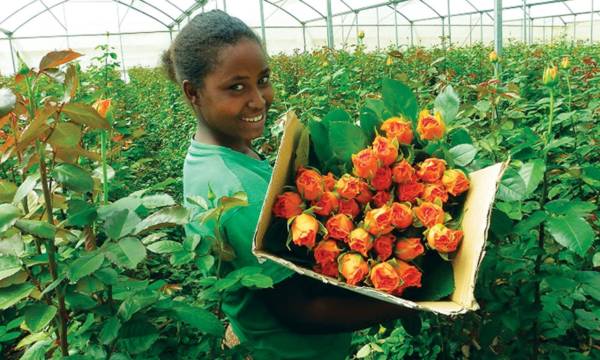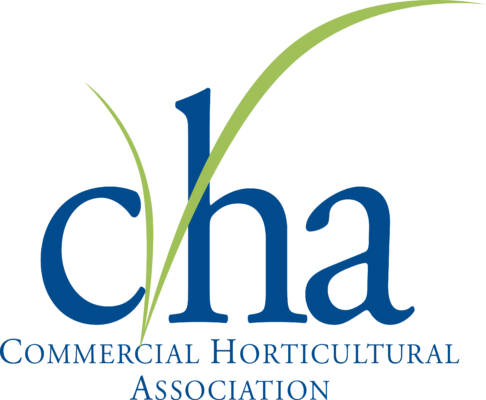Last month, the UK’s Horticultural Trades Association (HTA) launched a new two-part report, ‘The Value of Plants’ at Horticulture, The Conference. The new reports ‘From Nursery to Nature’ and ‘Delivering the Environmental Improvement Plan through the Value of Plants’ set out the evidence and industry asks to secure this value.
From championing environmental preservation to boosting economic prosperity and enhancing individual wellbeing, the industry’s impact is far-reaching, aligning seamlessly with the Government’s ambitious environmental objectives in the Environmental Improvement Plan 2023 (EIP23). The delivery of no less than 7 of the 10 aims of the EIP 23 is dependent on a thriving UK horticulture sector.
James Barnes, HTA Chairman, commented: “Environmental Horticulture is one of the few sectors so well positioned to lean into the impacts of climate change and to genuinely deliver green growth. Our ability to deliver on this green agenda is based on fact. The findings of the HTA’s new reports are especially pertinent with the current economic and regulatory context. Our research shows that inward investment from horticulture businesses to improve and promote plants’ biosecurity, quality and environmental impact will add significant value to consumers and sustain the volumes of plants and trees supplied into our natural environment. However, we find that increased costs specific to horticulture, such as managing the transition to peat-free production, rising input and seasonal labour costs, and the costs of new environmental regulation or cross-border trade, risk our industry’s ability to deliver this value.”
“In economic terms, UK growers produce plants and trees worth £1.54 billion per year at farm-gate prices, employing over 20,000 people. Consumers spend nearly £3 billion per year on plants and trees, with about half spent in the UK’s garden centres, which receive about 200 million visits annually. By contrast, the total attendance at the UK’s Premier League football matches for the 2022-23 season was 15 million. Once supplied into nature, the plants and trees produced by environmental horticulture add significantly to the value of the UK’s assets, assessed at £130 billion by the Office of National Statistics.”
Laura Jeffery, HTA Market Research Manager on the Value of Plants from Nursery to Nature report: “I would recommend everyone working in environmental horticulture reads this report as, along with our other research and monthly market updates, it gives a real insight into the economic, environmental and social value of our sector. In producing this report, combining one of the most comprehensive literature reviews ever conducted with research into consumers’ plant purchasing behaviours, we have identified that whilst consumers are price-sensitive amidst the cost-of-living crisis, they also value ‘value-added’ traits like plant health, plant guarantees, and environmental impact. This brings a huge opportunity for our member businesses to communicate these qualities.
“The report also underscores the pivotal role of plants in environmental conservation, highlights the significant economic impact of the horticultural industry, and recognises the therapeutic benefits of gardening on mental health. Additionally, it emphasises the value of green spaces in improving overall wellbeing and advocates for sustainable horticultural practices.”
David Lydiat, HTA Public Affairs and Policy Manager commented on sector delivery on the report on the Environmental Improvement Plan: “The answer to many of the UK’s environmental, economic and health challenges is horticulture and specifically in the value of plants. This report highlights the critical significance of environmental horticulture across various aspects of our lives.
“Crucially, it provides decision makers in Westminster, Holyrood, the Senedd and Stormont with practical policy solutions to utilise flora and the UK’s gardening industry to achieve legally binding environmental objectives and many of the aims of the Environmental Improvement Plan. Our industry wants to work closely with political stakeholders and governmental departments to deliver in terms of biodiversity, rural jobs, reducing urban air pollution, and much more.
“Often underestimated or sidelined, this report showcases the enormous economic, environmental, and social value of plants. It is time that Environmental Horticulture is truly recognised and its potential realised.
“As well as the considerable benefits for our health and wellbeing, plants support a vast supply chain, from garden tools to parks and gardens that draw tourists from all corners of the globe. Our sector works to maximise the value of UK plants and trees and supply them to gardens and communities.
“As we approach the next general election, we urge all Political Parties to fully consider, utilise and support Environmental Horticulture in their manifestos and policies.”























